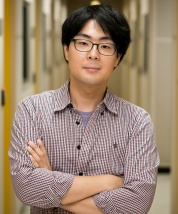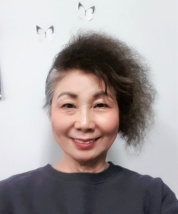A Poem from a Strange Country
Poetry is more truthful than words.
Jeevan, a former journalist who dreams of getting an E-7 visa to continue working in South Korea; Sunil, a former banker who endures longing for the future of his young daughter whom he has never met; and Dilip, a former teacher who forgets his pride as an intellectual to work alone on a cow farm for his family. For the three, working time in Korea is a time when their dreams grow as well as a time when their dreams are destroyed. Every month, the news and the community are filled with stories of injuries and deaths of colleagues they've worked with. They write poetry late at night when they are heartbroken that they can't tell anyone.
The number of migrant workers in Korea is already approaching one million. Korea has the largest share of manufacturing in all industries among the OECD countries, and with a decreasing workforce, the number of migrant workers will only continue to grow in the future. Are we ready to welcome them into our communities as they continue to arrive? This film attempts to look at ourselves through the eyes of Nepali migrant workers. Their mouths are sealed by the discrimination and oppression of Korean society, but their poetry is true, free, and beautiful. Now, let’s listen to their stories.


(54999) 2F, JEONJU Cine Complex, 22, Jeonjugaeksa 3-gil, Wansan-gu, Jeonju-si, Jeonbuk-do, Republic of Korea
T. +82 (0)63 288 5433 F. +82 (0)63 288 5411
(04031) 4F, 16, Yanghwa-ro 15-gil, Mapo-gu, Seoul, Republic of Korea
T. +82 (0)2 2285 0562 F. +82 (0)2 2285 0560
(54999) JEONJU Cine Complex, 22, Jeonjugaeksa 3-gil, Wansan-gu, Jeonju-si, Jeonbuk-do, Republic of Korea
T. +82 (0)63 231 3377
Privacy PolicyTerms of service
COPYRIGHT © JEONJU International Film Festival ALL RIGHTS RESERVED (M2)